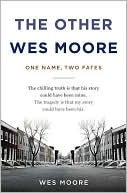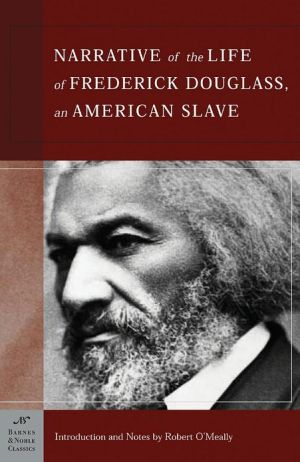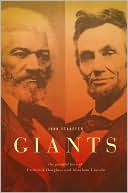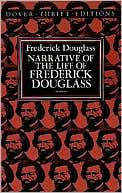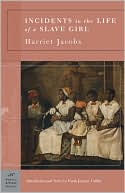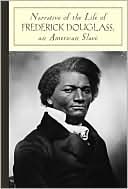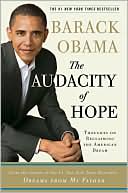Dark Days, Bright Nights: From Black Power to Barack Obama
The Civil Rights Movement of the 1950s and '60s is now remembered as a long-lost, sepia-toned era, whose achievements and idealism were soon eclipsed by angry, confrontational Black Power activists. In Dark Days, Bright Nights, acclaimed scholar Peneil E. Joseph puts this pat assessment to the test, showing that the '60s—particularly the tumultuous period after 1965—were in fact the launching pad for a movement that culminated in the inauguration of Barack Obama.\ Joseph argues that the 1965...
Search in google:
A rising historian’s narrative chronicle of race in America, and the successes, failures, and stalemates of black leaders in the past fifty yearsKirkus ReviewsJoseph (History/Tufts Univ.; Waiting 'til the Midnight Hour: A Narrative History of Black Power in America, 2006, etc.) grounds Barack Obama's ascendancy in the historic strides of Black Power leaders like Stokely Carmichael and Malcolm X. Some have argued that Obama's election marked "the end of black politics" in America, underscoring the obsolescence of the civil-rights struggle and the bankruptcy of the radical Black Power platform of the '60s and '70s. Yet Joseph demonstrates the enduring relevance of these early pioneers, including Paul Robeson, Lorraine Hansberry, Robert Williams, Gloria Richardson and William Worthy. Obama's early grassroots efforts as a community organizer in Chicago owe enormous debt to these early black militants. Joseph revisits the era, starting from the "freedom surge" before World War II, when African Americans migrated to urban centers like Harlem in massive numbers and significant political organizations like the NAACP were formed. Although the civil-rights and Black Power movements are usually treated separately, they are, Joseph writes, two branches of "the same historical family tree." The struggles against the Jim Crow laws galvanized both branches, bolstered by Brown v. Board of Education in 1954, with the South led by the "quiet dignity" of Martin Luther King and the Northern activists taking cues from his more radical counterpart, Malcolm X. Carmichael moved from civil-rights agitator to Black Power revolutionary, proving to be "perhaps the most important individual key to unearthing the buried intimacies between the civil rights and Black Power eras. Joseph studies Obama's writings and speeches, showing that despite his "typically understatedeloquence," the president's message of an American democracy transformed is no less radical. A palatable history for our times. Agent: Gloria Loomis/Watkins Loomis Agency
\ Kirkus ReviewsJoseph (History/Tufts Univ.; Waiting 'til the Midnight Hour: A Narrative History of Black Power in America, 2006, etc.) grounds Barack Obama's ascendancy in the historic strides of Black Power leaders like Stokely Carmichael and Malcolm X. Some have argued that Obama's election marked "the end of black politics" in America, underscoring the obsolescence of the civil-rights struggle and the bankruptcy of the radical Black Power platform of the '60s and '70s. Yet Joseph demonstrates the enduring relevance of these early pioneers, including Paul Robeson, Lorraine Hansberry, Robert Williams, Gloria Richardson and William Worthy. Obama's early grassroots efforts as a community organizer in Chicago owe enormous debt to these early black militants. Joseph revisits the era, starting from the "freedom surge" before World War II, when African Americans migrated to urban centers like Harlem in massive numbers and significant political organizations like the NAACP were formed. Although the civil-rights and Black Power movements are usually treated separately, they are, Joseph writes, two branches of "the same historical family tree." The struggles against the Jim Crow laws galvanized both branches, bolstered by Brown v. Board of Education in 1954, with the South led by the "quiet dignity" of Martin Luther King and the Northern activists taking cues from his more radical counterpart, Malcolm X. Carmichael moved from civil-rights agitator to Black Power revolutionary, proving to be "perhaps the most important individual key to unearthing the buried intimacies between the civil rights and Black Power eras. Joseph studies Obama's writings and speeches, showing that despite his "typically understatedeloquence," the president's message of an American democracy transformed is no less radical. A palatable history for our times. Agent: Gloria Loomis/Watkins Loomis Agency\ \

